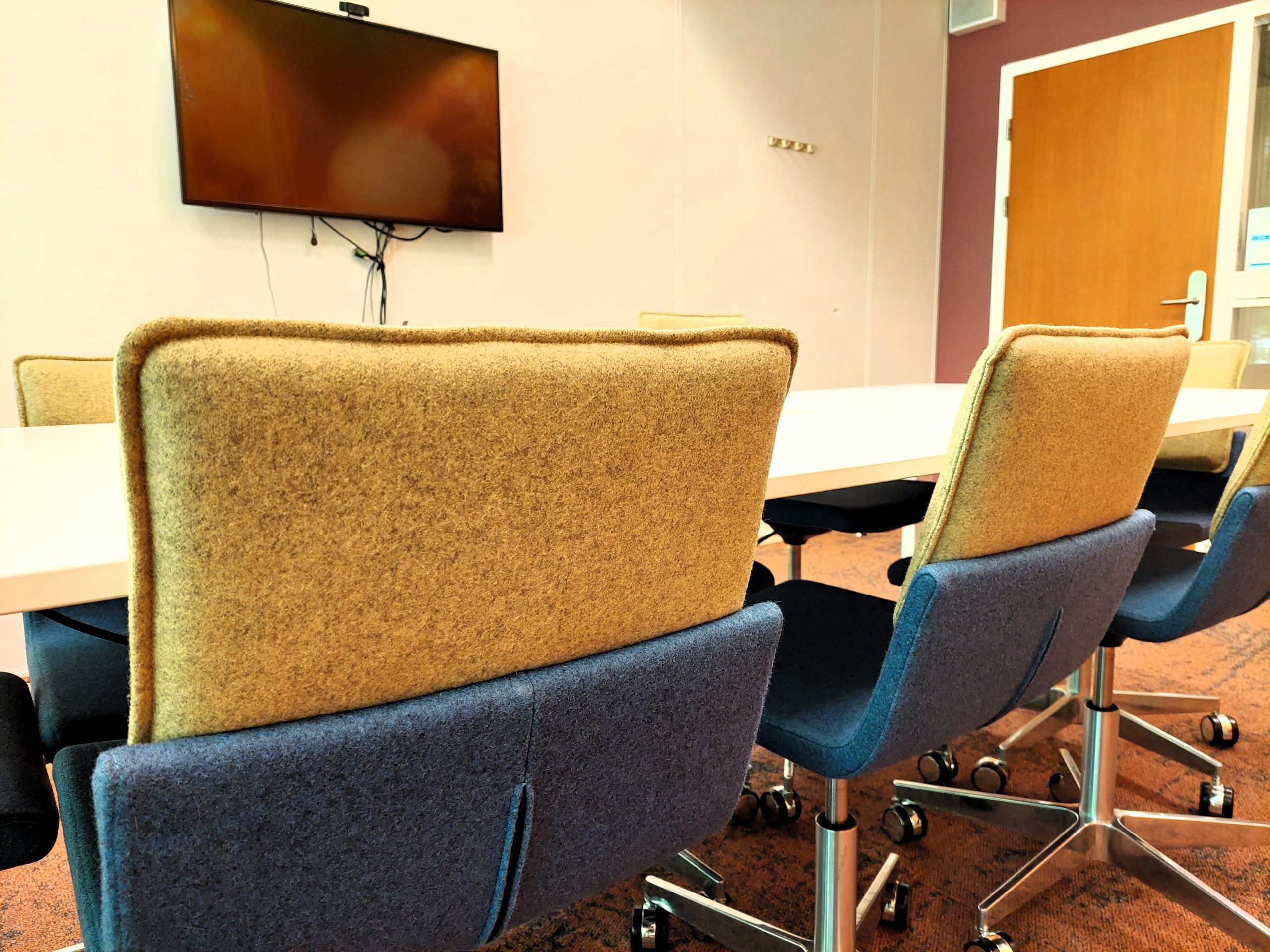The Supervisory Board needs to ‘keep an eye on the administrative relationships’ during the process of improving social safety at TU Delft. Minister of Education Dijkgraaf wrote this in a letter to the Supervisory Board that was made public this week.
(Photo: Marjolein van der Veldt)
The letter (in Dutch) was sent on 21 May, six days after TU Delft’s Executive Board had sent the plan of action for social safety to the Inspectorate of Education. The Minister did not express an opinion – and neither did the Inspectorate – about the so-called ‘change management plan’. However, the outgoing Minister did stress what the ‘administrative relations’ should be: ‘the Executive Board acts, and as the internal regulatory body and employer, the Supervisory Board should maintain a critical distance from the Executive Board. I will continue to check this with you and this is what I may address on you.’ The Minister takes expects that the Supervisory Board knows what goes on in the representation bodies and trade unions, and that the Supervisory Board listens to ‘signals that emerge from the organisation in different ways’.
Small distance
The Inspectorate of Education concluded differently in March. In its report, the Inspectorate wrote that the Supervisory Board was surprisingly positive about the mechanisms used to ensure social safety at TU Delft, while reports had shown the contrary for years. The Inspectorate said that the Supervisory Board contributed ‘inadequately to the social safety of staff members’, had a ‘minimal information structure’, could ‘show more of an effort’ and could be more accessible to staff. The Inspectorate also wrote that during interviews, the members of the Supervisory Board did not know the answers to some of the questions about social safety.
Before, during and after the publishing of the Inspectorate report, the distance between the Executive Board and the Supervisory Board seemed small. They jointly decided not to wait until the Inspectorate presented its report, but would do so together, and show a united front. They also jointly came to the conclusion that the Inspectorate might have to be taken to court.
The reappointment of Rector Magnificus and Executive Board Chair Tim van der Hagen is another example that shows that the Supervisory Board and the Executive Board are close together, as Delta previously wrote. The Executive Board and Supervisory Board received the draft Inspectorate report in November 2023, but, despite the alleged mismanagement, the Supervisory Board decided that nothing stood in the way of the reappointment that would take effect on 1 May 2024. Thus, the representation bodies were not granted access to the draft report, after which the reappointment came about.
Trust and support
Minister Dijkgraaf wants the Supervisory Board to continuously monitor whether the Executive Board is trusted and supported within the organisation. Both also have to ‘live through and then live by ‘credible self-reflection and behaviour change’.
Dijkgraaf’s letter to TU Delft’s Supervisory Board is an annex to a ‘letter on progress’ to the House of Representatives about social safety in higher education. In the letter, the Minister announces an investigation that will be done this summer into all regulatory bodies at universities of applied sciences and universities. The main questions are what they do and how effective they are.
The Minister himself is the person that appoints the proposed board members. In Delft Outlook, the former TU Delft alumni magazine that was also produced by Delta’s Editorial Office, the current Supervisory Board Chair, Tijo Collot d’Escury, explains that this is not a job which you can apply for. ‘A list is compiled based on profiles and you are approached.’
Malpractices brought to light
In the progress letter, the Minister cites the investigation into TU Delft, but also refers to the investigation done by the Netherlands Labour Authority on workload and the lack of social safety at all 14 universities that was also published in May. The Minister says (in Dutch) that both show ‘how important monitoring is to bring malpractices to light when institutions do not succeed in safeguarding social safety’.
Dijkgraaf thus wants to strengthen the monitoring through the Labour and Education Inspectorate, and investigate the performance of supervisory boards and enter into discussions with them. To make the monitoring of social safety manageable, the Minister is also working on a mandatory ‘duty of care’ for social safety in higher education. This would give the Inspectorate greater leverage to act if the social safety of students is jeopardised.
Delta, Saskia Bonger/HOP, Olmo Linthorst
What did the Education Inspectorate say about TU Delft again?
The Inspectorate of Education investigated transgressive behaviour at TU Delft from December 2022 to November 2023. In the resulting report, the investigators speak of intimidation, racism, sexism, bullying, exclusion, gossiping, social insecurity due to lack of leadership and a culture of fear, among other things. For instance, employees are said to be afraid to voice their opinions and hold each other accountable for behaviour.
The effects among TU Delft employees who have reported to the inspection are often long-lasting and hampering. The inspectorate speaks of psychological and physical health complaints, absence from work and a general feeling of insecurity. Stress, burnout, depression and PTSD, crying and tense home situations also occur, as do illness, vomiting at work, panic attacks and heart palpitations.
The inspectorate reports that TU Delft’s university administration has a lot of information regarding what is happening in terms of social safety, but that they ‘omit to add everything up so as to create a complete picture’. ‘The management’ also ‘does not adequately manage in terms of appropriate measures’. The Inspectorate believes that this is mismanagement.
Read the news and background articles on the Inspectorate’s report in our dossier.
- Delta is looking for current and former TU Delft staff members who are willing to share their experiences. This can be done anonymously if preferred. Email tudelta@protonmail.com.
Do you have a question or comment about this article?
s.m.bonger@tudelft.nl


Comments are closed.